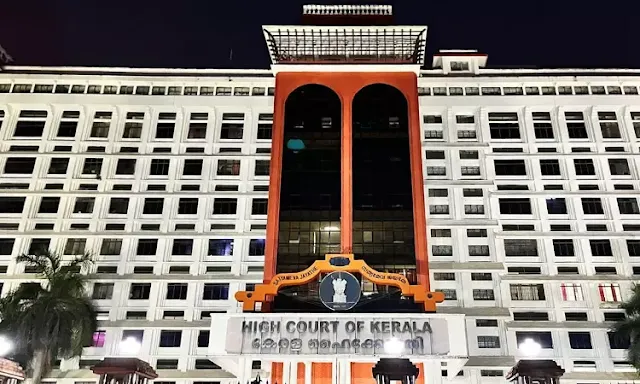The Kerala High Court recently delivered a significant judgment regarding the powers of an Assessing Officer (AO) to reopen assessments for a block period of six years based on incriminating materials obtained during a search. This ruling provides clarity on the applicability and limitations of Section 153A of the Income Tax Act, particularly concerning the linkage of unearthed materials to specific assessment years within the block period. The case in question involved multiple business entities under the M/s. Sunny Jacob Group, which faced assessments based on a 2007 search.
Background of the Case
On August 21, 2007, a search was conducted under Section 132 of the Income Tax Act at the business premises of various units under the M/s. Sunny Jacob Group. This group includes several partnership firms and a proprietorship concern, all involved in the gold ornament business. Following the search, the AO issued notices under Section 153A, targeting assessment years from 2002–03 to 2008–09, and proceeded to reject the appellants' books of account for these years, estimating the alleged escaped income.
The assessees challenged these assessments before the Commissioner of Income Tax (Appeals), who ruled in their favor for the years 2002–03 to 2007–08 but upheld the differential tax demand for 2008–09. Both the Department and the appellants appealed this decision, leading the Income Tax Appellate Tribunal to remand the case to the AO for fresh consideration. Subsequently, the AO reaffirmed his earlier stance, prompting further appeals.
Legal Framework and Section 153A
Section 153A of the Income Tax Act empowers the AO to reassess the income of an assessee for six assessment years preceding the year of a search or requisition if incriminating material is found. This section mandates that each assessment within this period be considered independently based on the materials unearthed. The central legal issue in this case was whether the AO could reopen assessments without specific incriminating evidence for each year within the block period.
Court's Analysis and Findings
Supreme Court Precedent
The Kerala High Court's decision heavily relied on the Supreme Court's ruling in the case of Principal Commissioner of Income Tax, Central v. Abhisar Buildwell Pvt. Ltd. The Supreme Court had clarified that while Section 153A grants the AO jurisdiction for reassessment based on incriminating materials found during a search, these materials must be relevant to the specific assessment year in question.
Application to the Present Case
The Kerala High Court observed that the AO had used the incriminating material from the 2007 search to broadly reject the books of account for all years within the block period and estimate income based on a single year's findings (2008–09). The court found this approach inconsistent with the requirements of Section 153A. Each year within the block period must be assessed based on relevant and specific incriminating materials linked to that particular year.
The court noted that for the assessment years 2002–03 to 2007–08, there was no incriminating material specifically related to these years. Consequently, the AO's action to reopen these assessments without such evidence was deemed unsustainable. The court ruled that the Tribunal's decision to reverse the orders of the First Appellate Authority, which had favored the assessees, was not legally valid.
Implications of the Judgment
Limitation on AO's Powers
This judgment underscores a critical limitation on the powers of the AO under Section 153A. It clarifies that the AO cannot indiscriminately reopen assessments for multiple years within the block period unless there is specific incriminating material for each year. This ruling protects assessees from arbitrary and broad-brush reassessments based on isolated findings.
Reinforcement of Judicial Oversight
The court's decision reinforces the role of judicial oversight in ensuring that the tax authorities adhere to the principles of fairness and specificity in reassessment proceedings. By requiring that each assessment year be individually substantiated with relevant materials, the judgment ensures greater procedural integrity and protects taxpayers' rights.
Impact on Future Assessments
This ruling will likely influence future tax assessment practices, particularly in cases involving block periods. Tax authorities will need to ensure that their reassessment actions are backed by specific and relevant evidence for each year within the block period, thereby preventing overreach and ensuring compliance with statutory provisions.
Conclusion
The Kerala High Court's judgment in this case provides a pivotal interpretation of Section 153A of the Income Tax Act. By emphasizing the necessity of linking incriminating materials to specific assessment years within a block period, the court has set a precedent that curtails arbitrary reassessment practices by tax authorities. This decision not only safeguards the rights of taxpayers but also reinforces the need for meticulous and evidence-based reassessment procedures. As the legal landscape evolves, this judgment will serve as a crucial reference point for both tax practitioners and authorities in navigating the complexities of reassessment under Section 153A.










0 Comments
Thank you for your response. It will help us to improve in the future.